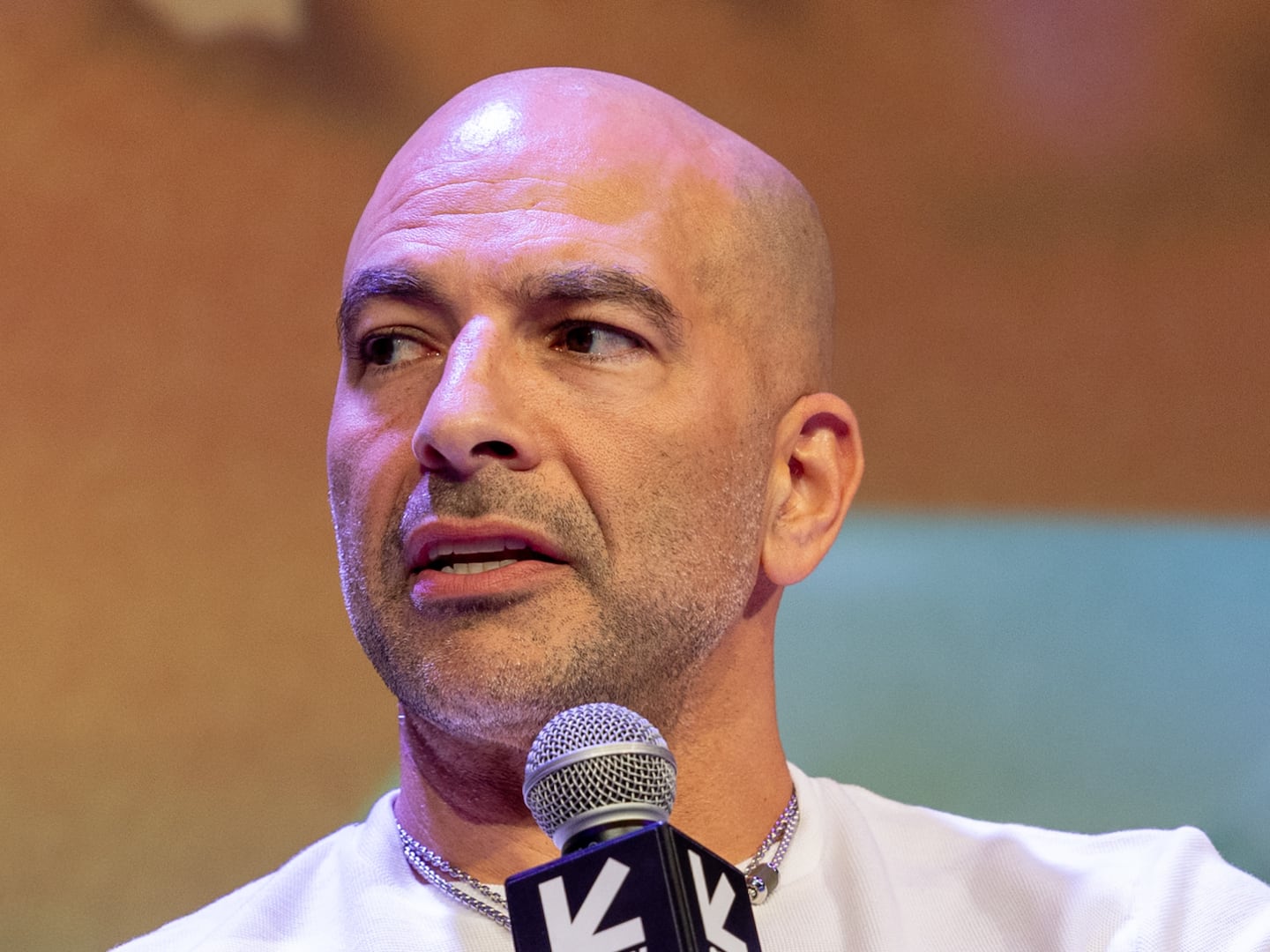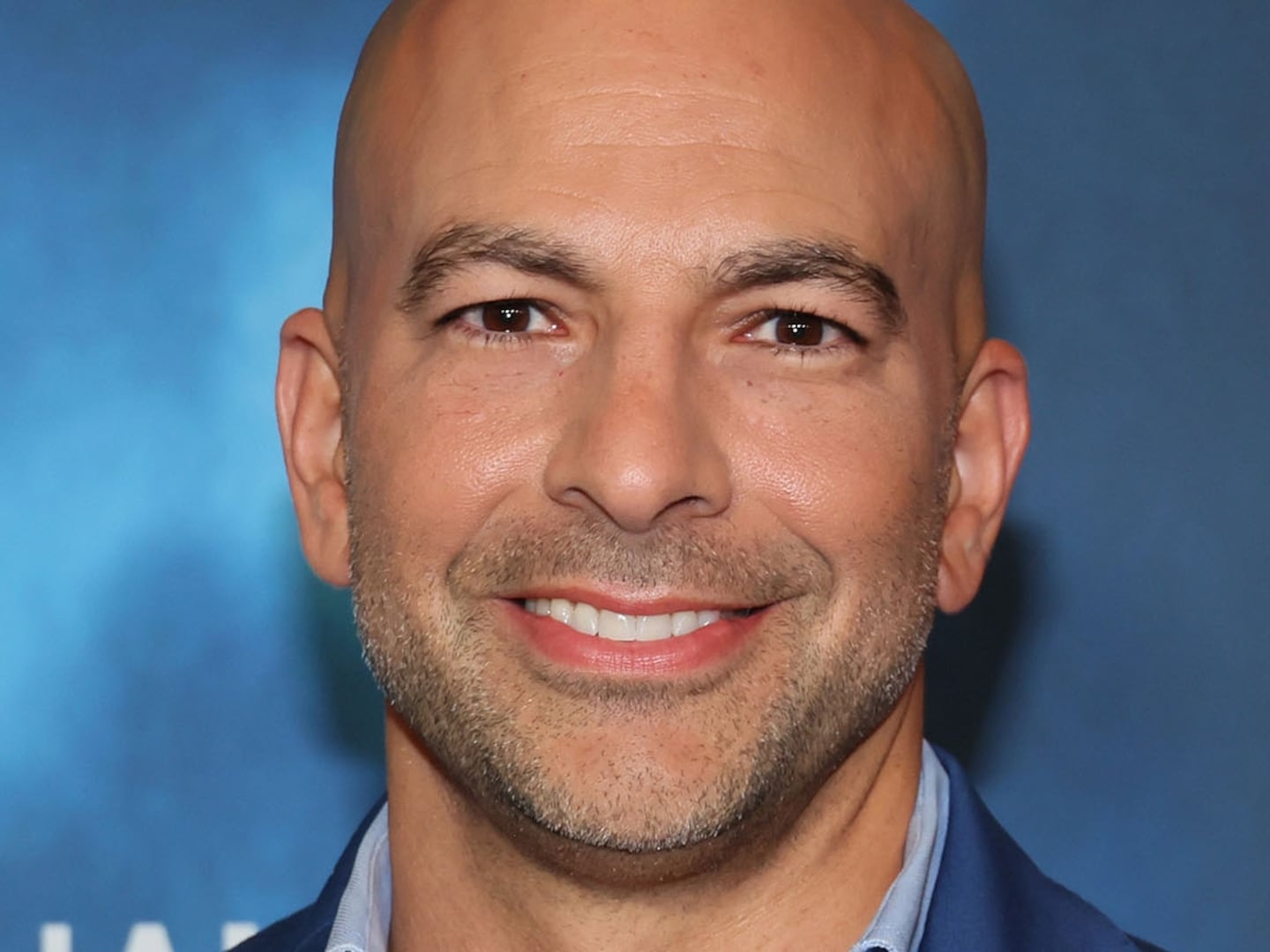
Jacob Goldstein, Planet Money: What Goldman Did Wrong
The brouhaha over Goldman Sachs revolves around the role of hedge-fund manager John Paulson. Jacob Goldstein at Planet Money nicely summarizes the SEC’s charges: “The SEC says Goldman Sachs defrauded investors in a CDO, one of those complicated bonds that lost huge amounts of value when the housing market went bust. The problem isn't that this CDO lost value. It's that a hedge fund played a role in choosing what went into the CDO, then bet against it—and Goldman didn't tell people who invested in the CDO about the hedge fund's role, according to the SEC.”
Felix Salmon, Reuters: Goldman Got What It Deserved
“I think that the SEC has the right defendant here,” Felix Salmon writes. “Paulson and ACA are both culpable, but it’s Goldman which was clearly central to the plan of deceiving investors into believing that the CDO was being managed by people who wanted it to make money, when in fact it was being structured by the biggest short-seller in the entire subprime market.”
Sebastian Mallaby, The Washington Post: Charges Are 'Flimsy'
• John Carney: Goldman’s Dirty Customers • Charlie Gasparino: Why Goldman Will Settle Sebastian Mallaby at The Washington Post says “the charge sheet looks flimsy” and warns “If Goldman has become a poster child for excessive power on Wall Street, the SEC might become a poster child for government power run amok.” Defending Goldman, he writes, “The securities in question, so-called synthetic collateralized debt obligations, cannot exist unless somebody is betting that they will lose value. The firms that bought Goldman's securities knew perfectly well that some other investor must be taking the opposite position.” He also says the uproar about hedge-fund manager John Paulson’s involvement in selecting the mortgages is much ado about nothing: “An investor who wants to bet against a bundle of mortgages is entitled to suggest what should go into the bundle.”
Harvey Pitt, The Daily Beast: The SEC's Poor Handling
By announcing the charges against Goldman as it did, did the SEC risk blowing its credibility? Writing for The Daily Beast, former SEC Chairman Harvey Pitt argues, “One problem is that it was in the SEC’s interest to let Goldman react before filing a lawsuit. If Goldman had had a chance to settle before being sued, the SEC could have reaped everything it wanted to achieve, without the risks it now faces. Another problem is that filing litigation on a partisan split raises questions about agency motivations. Perhaps there was no way all five commissioners could agree. But there’s no prior history of tension among them, while news reports indicate there was just a single meeting, and then a 3-2 vote.”
Holman W. Jenknis, Jr, The Wall Street Journal: The Real Target is Short Sales
The Wall Street Journal’s Holman W. Jenkins Jr. argues that the SEC’s case is “shoddy.” Jenkins says Goldman’s investors were “knowingly taking money from other investors who wanted to bet mortgages would tank.” He elaborates, “Make no mistake: The gestalt behind the SEC case is that short selling is bad. Constructing deals to enable short-sellers to bet against certain markets (as Goldman did) is bad. When longs lose money because of freely chosen participation in such trades, it’s bad. When shorts make money, it’s bad.”
Tim Fernholz, The American Prospect: Defending the SEC
Tim Fernholz at The American Prospect defends the SEC’s lawsuit. For starters, he points out that, contrary to the claims of writers like Pitt, Goldman was warned about the suit: The SEC says it told Goldman last summer and offered the firm a chance to settle. Fernholz continues, “There are still many questions surrounding the specific deal in the SEC case and deals like it; the SEC—in charge of making sure the public and investors are protected from financial malfeasance—could not gain sufficient understanding of the situation after 18 months of private discussions with Goldman Sachs, and filed a civil suit because it had reason to believe fraud occurred and wished to find out the truth. The commission is doing its job, nothing more.”
Stephen Gandel, Time: The End of Lloyd Blankfein?
Stephen Gandel at Time thinks this will be the end of the road for Goldman CEO Lloyd Blankfein: “Does this end Blankfein’s reign as head of Goldman? I think so. It’s a big deal for an investment bank to be charged with securities fraud. And it is not just a coincidence that Goldman would get hit with a fraud case when Blankfein was CEO. Even though he is not named in the complaint, Blankfein is to blame. He pushed the firm to become less of an investment bank and more of a trading behemoth. And this is the result: a brilliant trade that was so brilliant the Goldman people forgot that it also might be fraud.”
Felix Salmon, Reuters: Can Goldman's Clients Trust It?
Reuters’ Felix Salmon writes, “Goldman talks ad nauseam about how everything it does it does for its clients, and how any profits it ultimately ends up making are just a result of being “long-term greedy.” But if it attempts legalistic hair-splitting about how its behavior in the Abacus case was technically not illegal, it’s just going to end up looking even more culpable in the eyes of its clients. … It’s possible, pace Gandel, that if Blankfein goes, that might help placate Goldman’s clients. But I doubt it. The firm is run by traders now, and replacing one trader with another will not make any difference. And Blankfein’s culture is exactly the same as that of just about anybody who might replace him.”
Update: Planet Money was originally cited as Smart Money.






